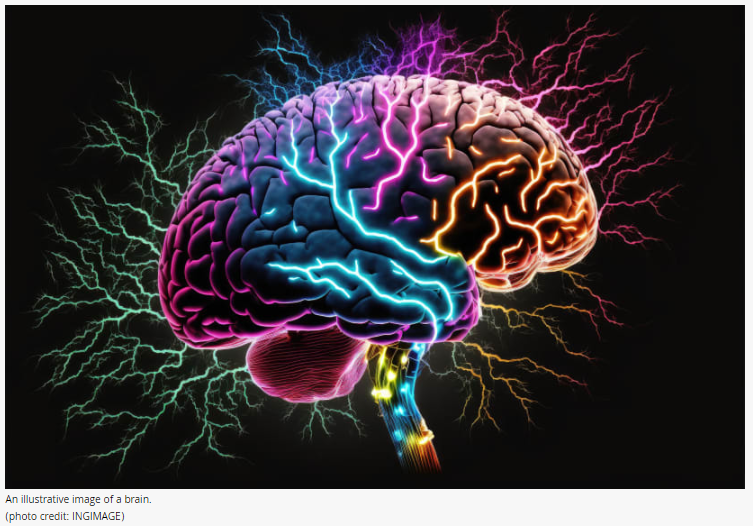|
Getting your Trinity Audio player ready...
|
The study of human consciousness and the brain has long posed questions and frustrations among neuroscientists who said that getting a hold of all the factors was “insurmountable.” Now, biochemist Dr. Gerard Marx of the private MX Biotech company and chemistry Prof. Chaim Gilon of the Jerusalem Brain Community Brain of the Hebrew University of Jerusalem (HU) have proposed a novel idea – that memory plays a key role in shaping consciousness.
Researching Tripartite Mechanism of Memory
They explained that their research on the Tripartite Mechanism of Memory investigates the collaborative roles of neurons, the neural extracellular matrix, trace metals, and neurotransmitters in memory formation, storage, and retrieval.
They propose a novel perspective that memory underpins consciousness, challenging conventional beliefs. Their model introduces the concept of a “brain cloud” to show how information flows within the brain and highlights a three-step process for neural memory involving neurons, the extracellular matrix, and trace metals.
In a new paper published in the International Journal of Psychiatry Research under the title “Consciousness as a Fusion of the Global Neuronal Network (GNW) Hypothesis and the Tripartite Mechanism of Memory,” the study provides fresh perspectives on the complex phenomena of consciousness and memory.



